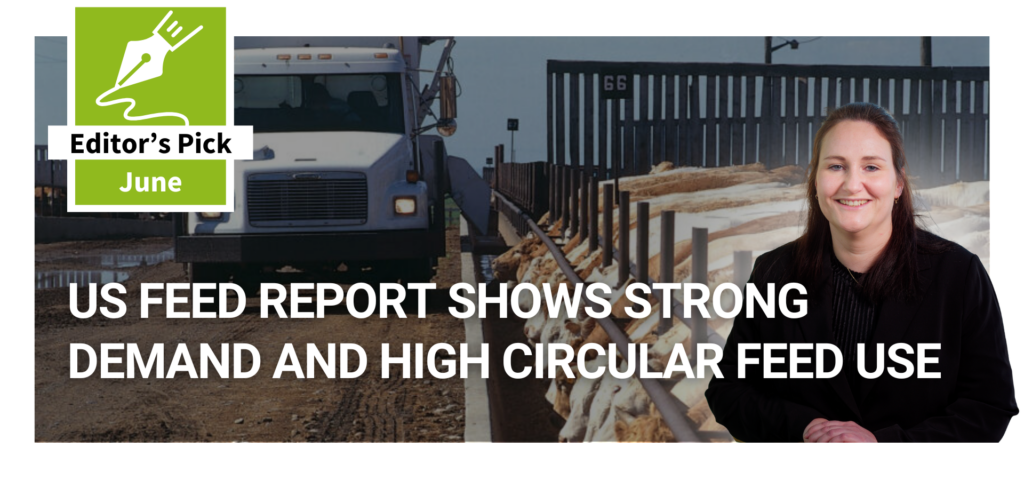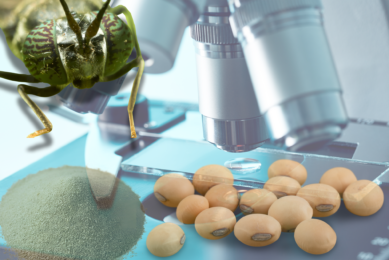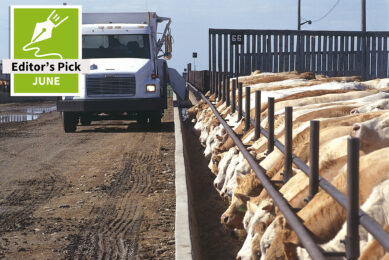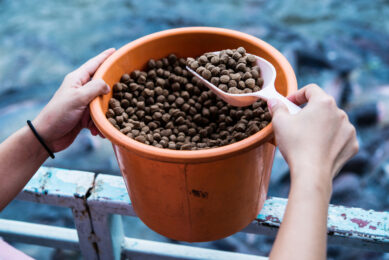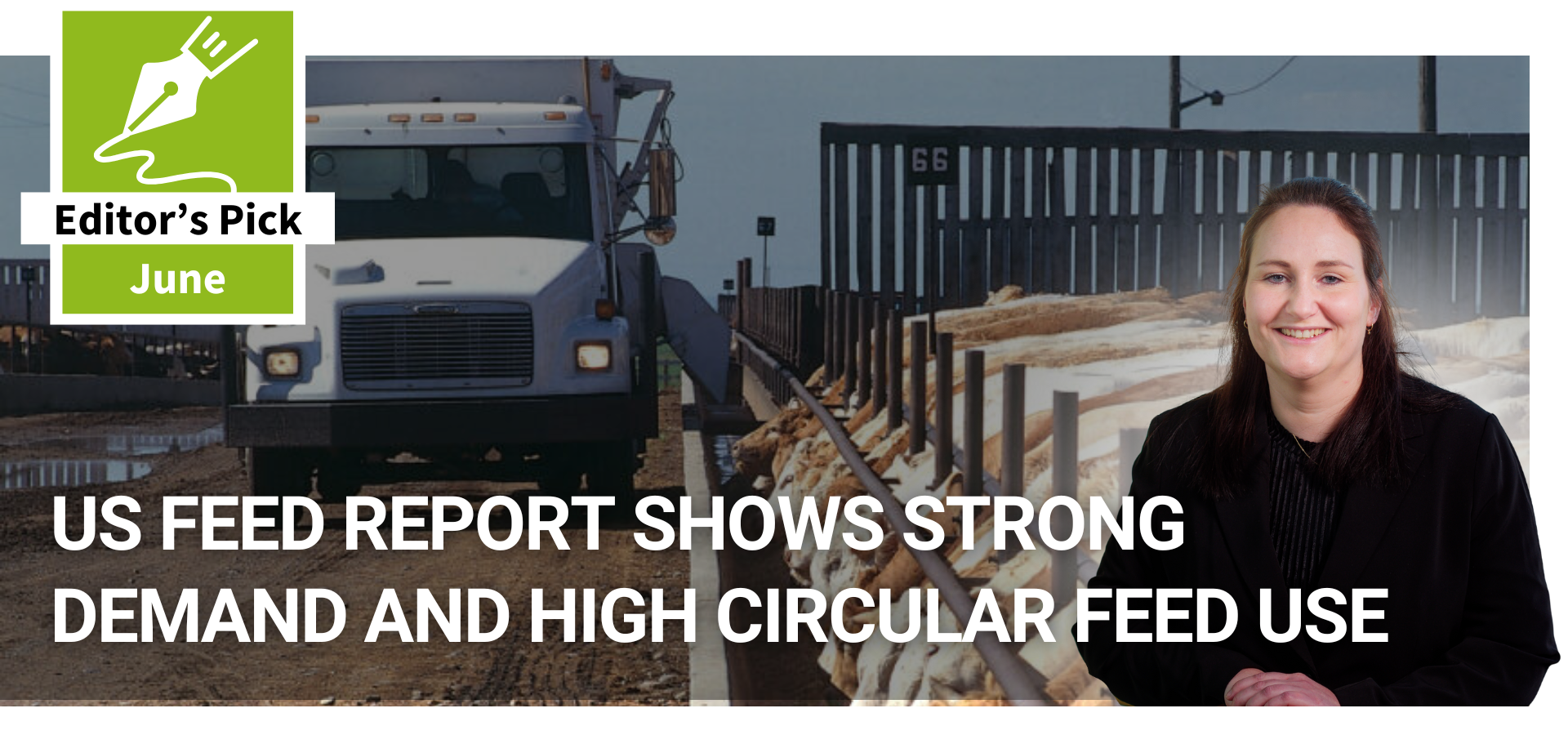UK feed from food waste firm wins slice of innovation grant
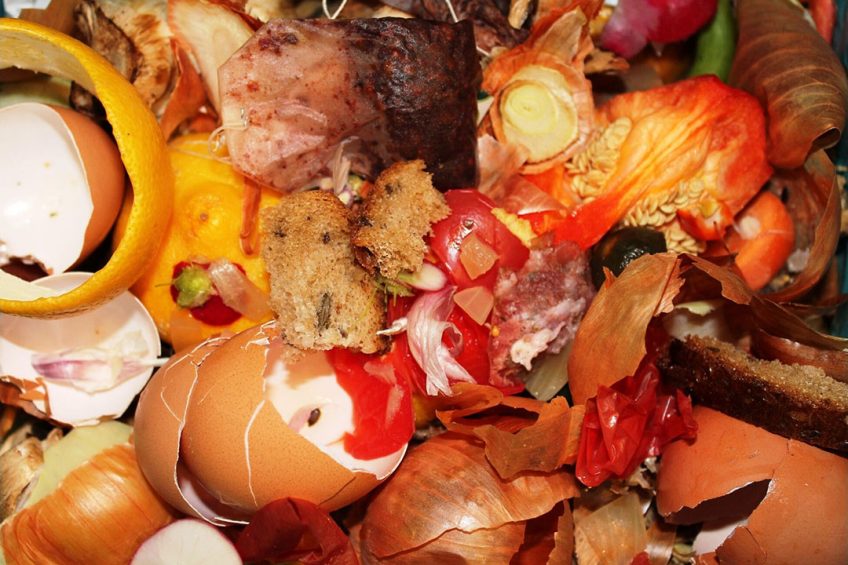
Feed from food waste firm Inspro has won a slice of a £14.5m fund designed to help farming practices evolve to be more efficient and help meet the UK’s net zero goals.
Inspro, which was founded by Richard Small in 2017, has won funding from the UK’s Farming Innovation Pathways competition to look at whether crops can be fertilised by products made from insects.
Bio-conversion using black soldier files
Based in Surrey and Cambridgeshire, Inspro will use the well-established process of bio-conversion using black soldier flies to create protein-rich animal feed from food waste, in an innovative, dispersed “hub and spoke” business model.
It brings the process to the substrate to minimise food waste miles, and utilises the output, of feed and frass as locally as possible, to create “local nutrient circularity”.
Creating feed and fertiliser
Inspro’s mission is to create a sustainable virtuous cycle that transforms food waste into nutritious feed and fertiliser. It says that mass protein production is not environmentally friendly and the world is currently wasting 30% of all it produces.
It says it faces 4 key challenges that’s its determined to overcome:
- Conversion of food waste to feed and fertiliser
- Scalability
- Traceability
- Visibility
The company has a number of key academic partners including universities at Nottingham, Lincoln, Liverpool and Surrey and in the past has worked on projects around replacing the fish in fishmeal and making maggots tasty.
Other winners
Among the other projects that have won funding are Microbiotech, which is leading a consortium of growers, scientists and engineers that aims to replace peat with planting materials derived from coir (a low-carbon substitute) to grow mushrooms and salad vegetables.
And Tozer Seeds and their collaborators from across the UK will be developing an alternative to pesticides that uses lasers and bioactive compounds to treat vegetable seeds.
Katrina Hayter, UK Research and Innovation Challenge director, said with the COP-26 discussions starting in Glasgow in November it was timely that “we could unveil so many great projects in the vital areas of agriculture that will help meet our net zero goals.
“Working closely with farmers in the innovation processes means that pressing challenges are identified. Solving these challenges will result in maximising productivity, reducing emissions and making our farms more resilient and sustainable.”



